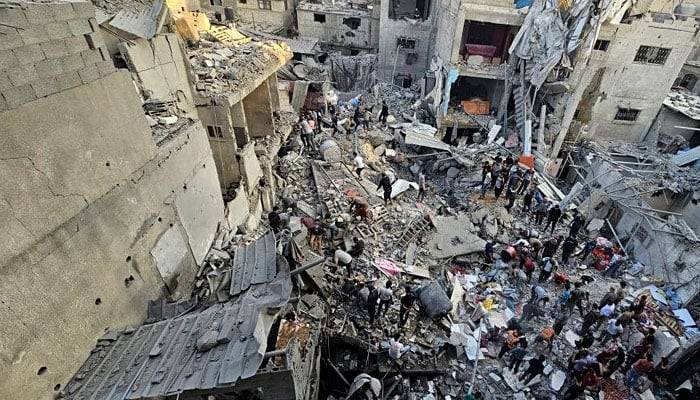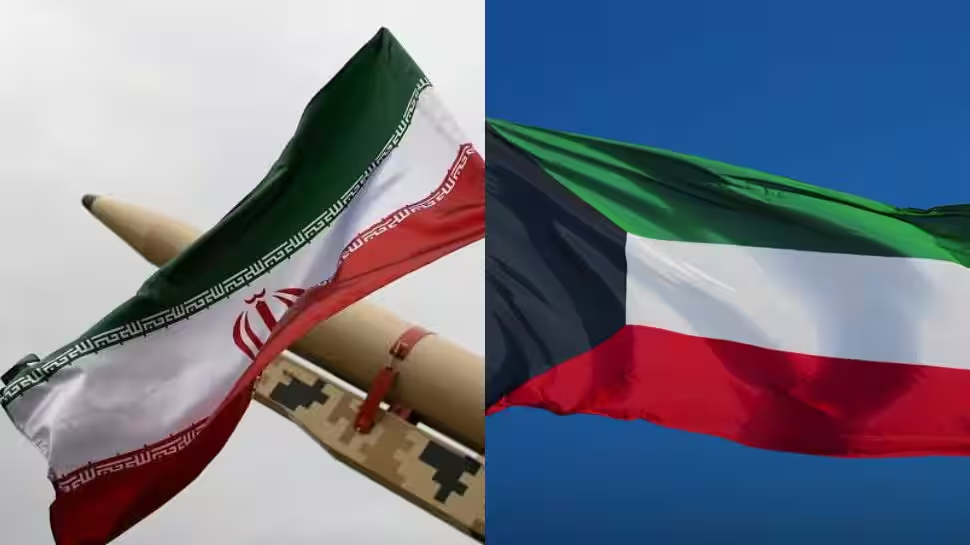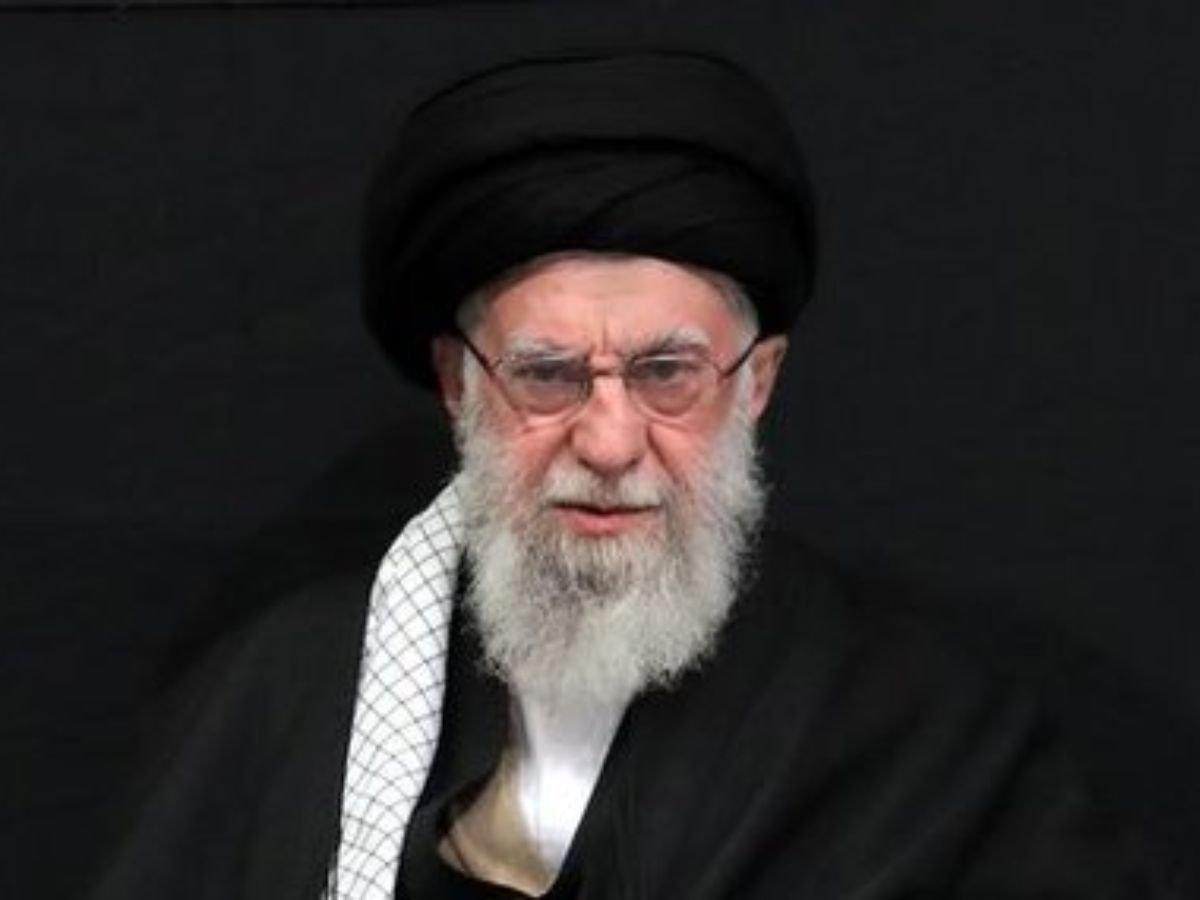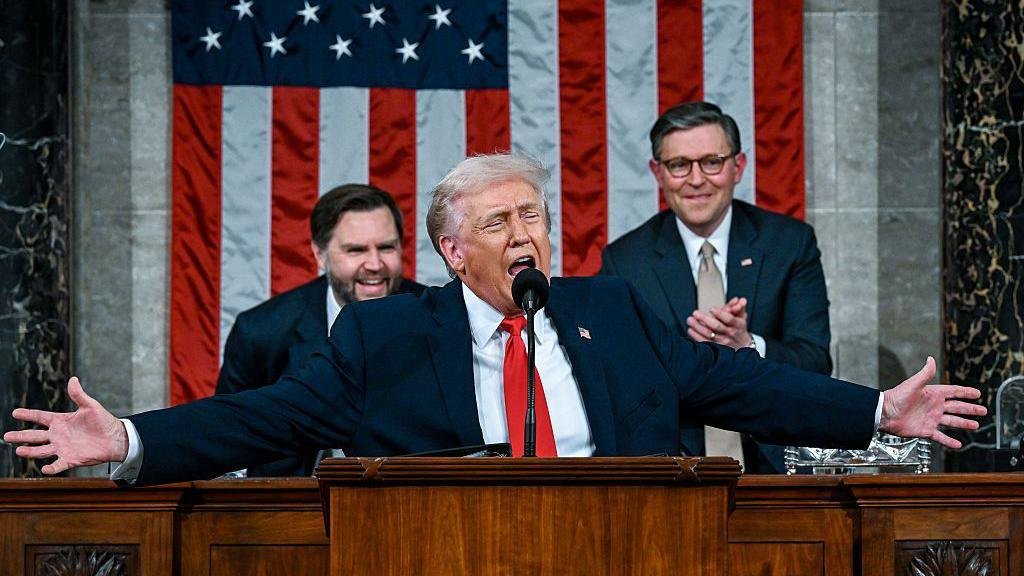The Hamas delegation, led by senior official Khalil al-Hayya, reached Sharm el-Sheikh on Sunday.
Israel Strikes Gaza Again, killing 24 Ahead of Ceasefire Talks in Egypt. Israel continued its air and ground offensive across Gaza on Sunday, killing at least 24 Palestinians just hours before indirect talks between Israel and Hamas were set to begin in Egypt to discuss a U.S.-brokered ceasefire plan.
On Saturday, Israel killed dozens in Gaza strikes despite Trump’s call for ceasefire.
According to Gaza’s Nasser Medical Complex, four asylum seekers were among those killed near an aid distribution centre north of Rafah. Despite global appeals to halt hostilities, Israeli forces maintained operations across central Gaza and Gaza City.

Al Jazeera’s Hani Mahmoud reported from az-Zuwayda that “the Palestinians were hoping for a good night’s sleep, but that didn’t happen,” as fresh strikes hit both displacement zones and densely populated neighbourhoods.
While in July 2025, Israeli forces had intensified attacks on Gaza, with over 100 Palestinians killed in a single day, including 38 shot while trying to get food at aid sites.
Delegations Arrive in Egypt for Ceasefire Talks
The Hamas delegation, led by senior official Khalil al-Hayya, reached Sharm el-Sheikh on Sunday. Talks are scheduled to begin Monday and will focus on the mechanisms for a ceasefire, withdrawal of Israeli forces, and a prisoner exchange, Hamas said.
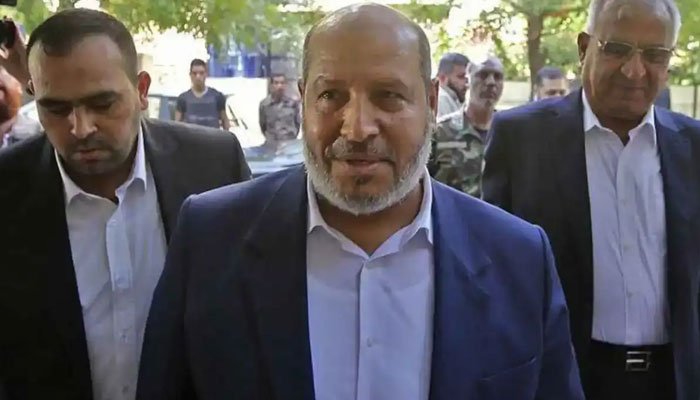
Israel confirmed that its own delegation, led by top negotiator Ron Dermer, will leave for Egypt on Monday. Prime Minister Benjamin Netanyahu expressed hope that “a deal to release all remaining captives could be announced this week.”
U.S. President Donald Trump said the talks were “advancing quickly,” calling them “very successful and proceeding rapidly.” He added, “The technical teams will again meet Monday in Egypt to clarify the final details… I am asking everyone to MOVE FAST.”
The U.S.-led peace initiative, referred to as the Trump Plan, calls for Hamas to release all remaining Israeli captives and for Israel to pull back its troops to the “yellow line” — their positions as of August. Once this initial withdrawal is achieved, an immediate ceasefire would take effect.
The White House confirmed that Jared Kushner and Steve Witkoff, Trump’s Middle East envoys, have been dispatched to oversee the negotiations.
However, questions remain unresolved, including Hamas’s disarmament and the timeline of Israel’s complete withdrawal from Gaza.
Arab States Welcome Hamas’s Positive Response
In a joint statement, the foreign ministers of Egypt, Jordan, Indonesia, Pakistan, Qatar, Saudi Arabia, Turkiye, and the UAE welcomed Hamas’s steps toward implementing Trump’s Gaza plan.
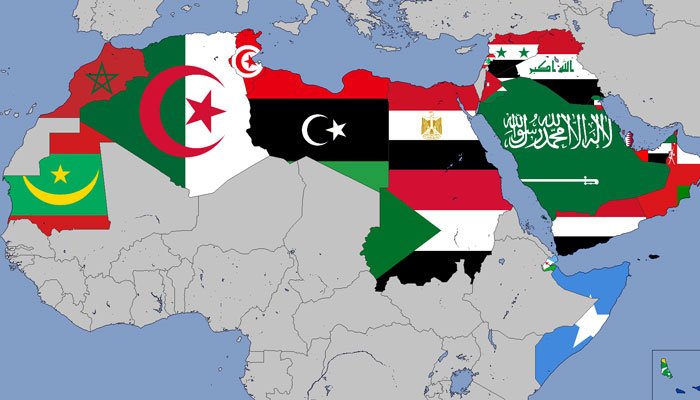
They also praised Trump’s call for Israel to immediately halt bombings and initiate the exchange agreement. “The ministers expressed appreciation for his commitment to establishing peace in the region,” the statement read.
Hamas has also shown readiness to hand over Gaza’s administration to a transitional Palestinian Administrative Committee of independent technocrats, a move seen as a key step toward a long-term governance framework.
Senior Hamas leader Izzat al-Risheq described the Arab statement as “important support” that strengthens the chances of reaching a lasting ceasefire agreement.
Civilian Toll
Gaza’s Government Media Office reported that more than 2,700 families—over 8,500 people—have been wiped off the civil registry since the conflict began two years ago. The casualties include 1,015 infants, 1,670 medical staff, 254 journalists, and 140 civil defence workers.
Despite mounting international pressure, U.S. Secretary of State Marco Rubio admitted the war “has not yet ended,” even as the talks mark “the closest we’ve come to getting all of the hostages released.”
Rubio urged Israel to halt airstrikes, saying, “You can’t release hostages in the middle of strikes… There can’t be a war going on in the middle of it.”

